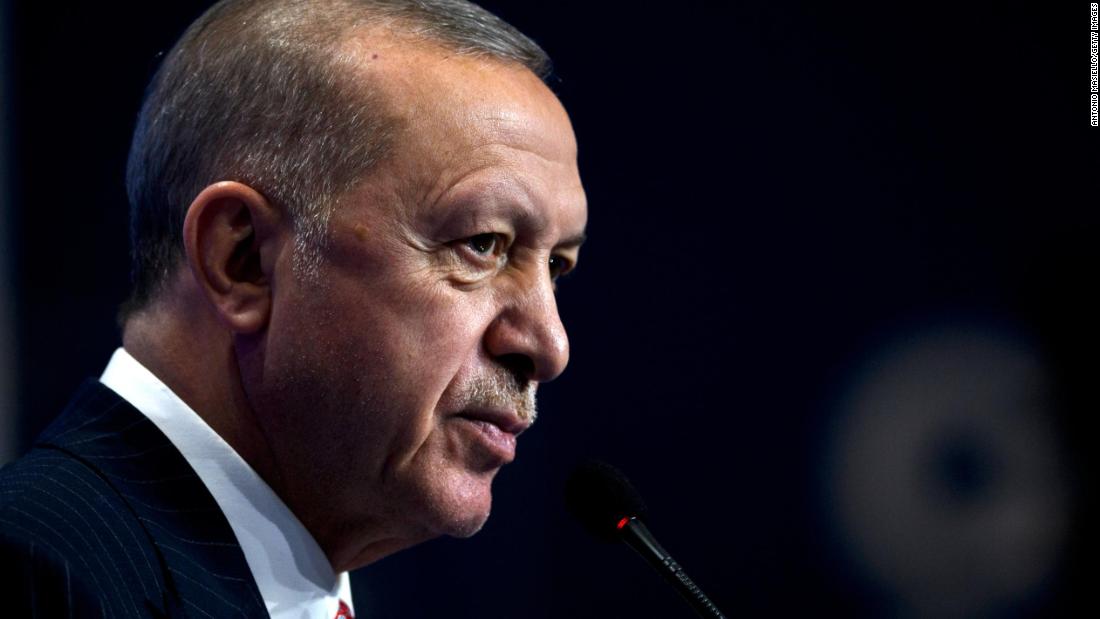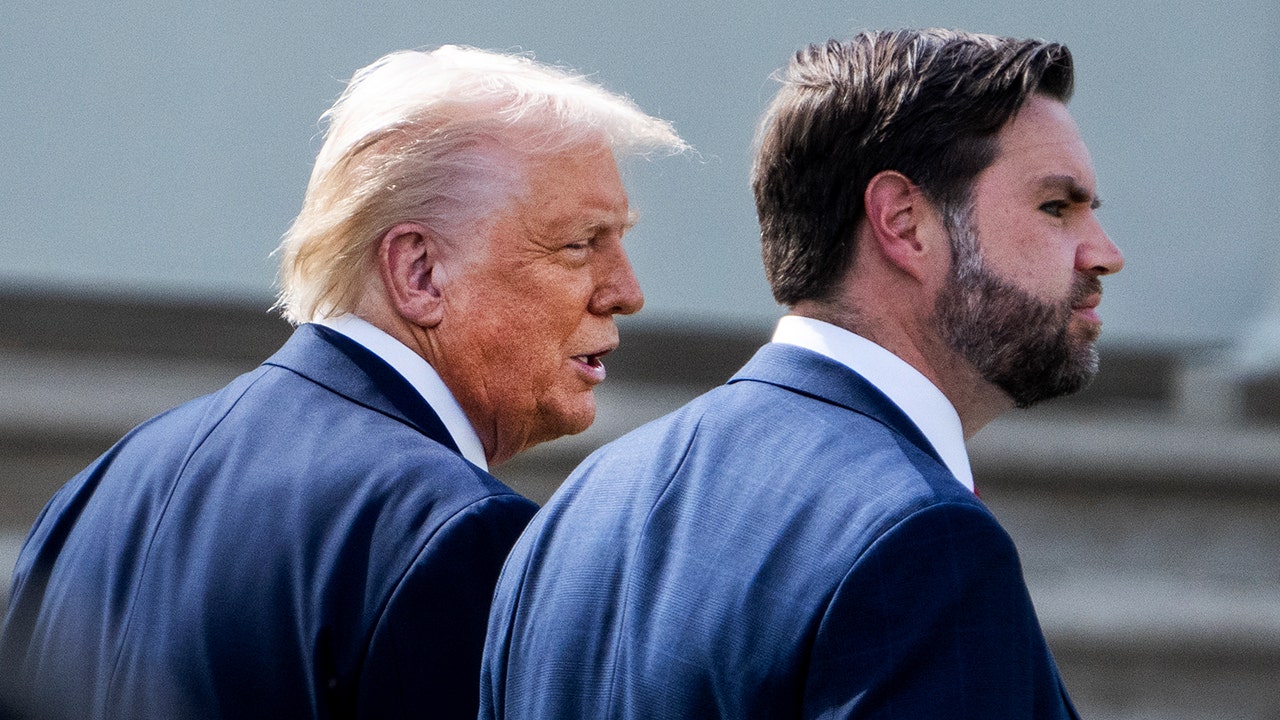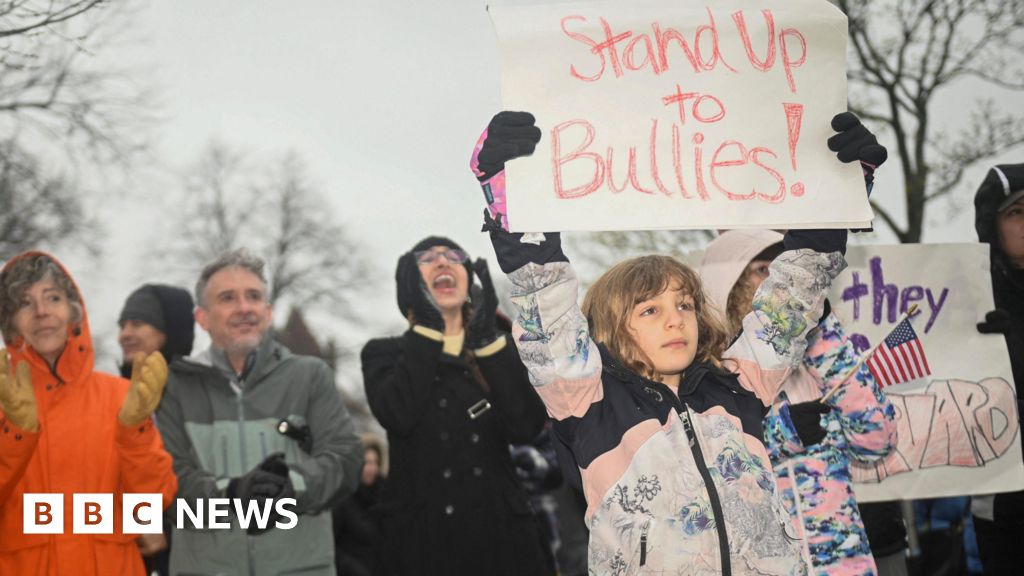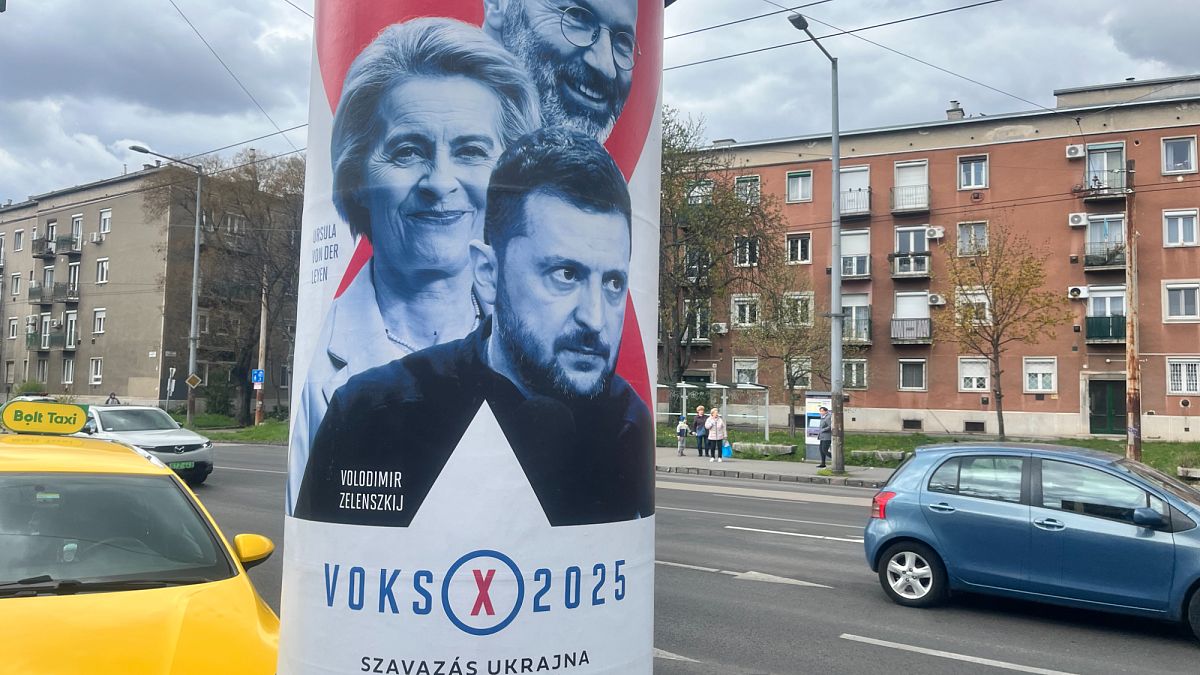Donald Trump’s administration is clamping down on Nvidia’s ability to sell artificial intelligence chips to China, sending the Silicon Valley giant’s shares sliding in pre-market trading and hitting Wall Street tech stocks.
Nvidia revealed new US controls on American chipmakers’ sales to China in a late-night regulatory filing on Tuesday, in which it said it expected to take a $5.5bn earnings hit as a result.
The curbs were subsequently confirmed by the commerce department, marking another escalation in Donald Trump’s trade war with Beijing.
The chipmaker said its H20 chip, which is already tailored to comply with Joe Biden-era export controls that prevent the sale of its most powerful chips in China, would now require a special licence to be sold to Chinese customers.
It is still unclear how many such licences will be granted, but Nvidia said it would take a $5.5bn charge in the quarter to April 27 related to H20 chips for “inventory, purchase commitments, and related reserves”.
Analysts estimate Nvidia will generate about $17bn in sales to Chinese customers in the current financial year.
Nvidia’s shares fell 7 per cent in pre-market trading on Wednesday, while futures tracking the tech-focused Nasdaq 100 index were down more than 2 per cent.
Shares in Dutch chipmaking equipment company ASML sank 6 per cent after orders of its machines fell short of expectations. Shares in US semiconductor group AMD also fell almost 6 per cent in pre-market trading.
Stocks in Hong Kong also fell, led by leading AI chip buyers Alibaba, down almost 4 per cent, Baidu and Tencent, which both fell about 2 per cent.
The new US chip controls mark the latest salvo in a spiralling trade war between the world’s two largest economies. Earlier this month, the Trump administration imposed additional tariffs of 145 per cent on China, with a reprieve for some consumer electronics. Beijing matched the additional duties in retaliation.
The shortage of domestic chip suppliers in China able to build products to rival those of Nvidia had meant its tech companies were flocking to buy H20s, even in the face of Beijing’s steep import duties.
But that could change under the new US controls. Since the H20 chip is less powerful than those Nvidia can sell outside China, customers in the rest of the world may also be unwilling to buy up stock that cannot be sold there.
Bernstein analysts on Tuesday said the H20 accounted for about $12bn of Nvidia’s $17bn revenues in China over the past year. They added that there was still a lack of clarity on whether licences might be granted, or whether it amounted to a full “wipeout” of the product line.
Nvidia said it was notified of the new controls on April 9 and was told on Monday that the licence requirement for H20 and any similar chips “will be in effect for the indefinite future”.
On Tuesday, White House press secretary Karoline Leavitt urged China to cut a new trade deal with the US, saying, “the ball is in China’s court”.
The US commerce department later confirmed it was issuing new export licensing requirements for the H20, as well as AMD’s MI308 and equivalent chips. It said it was “acting on the president’s directive to safeguard our national and economic security”.
The US move underscores Nvidia’s exposure to geopolitical tensions between Washington and Beijing. The chip designer has been at the heart of the AI boom, and briefly last year became the world’s most valuable company.
On Monday, the Trump administration launched a national security probe that could lead to new tariffs on semiconductors, as it holds off from immediately applying steeper levies on chips.
Nvidia’s chips are manufactured in Taiwan, so they could be subject to import duties when sold to US-based customers.
The company said on Monday it would spend up to half a trillion dollars on US AI infrastructure over the next four years through partnerships with companies including Taiwan Semiconductor Manufacturing Company and Foxconn. The Financial Times had first reported on its investment plans.
Nvidia introduced its China-focused H20 processors last year after the Biden administration imposed export controls on its chips. They are less powerful than its top range of graphics processing units, or GPUs, coveted by Microsoft, OpenAI, Meta and Amazon.
Despite its reduced performance, the H20 has still seen solid demand in China. But Beijing has taken steps to encourage local tech companies to use homegrown chips from companies such as Huawei, and could freeze out Nvidia’s products with new energy efficiency rules.




























